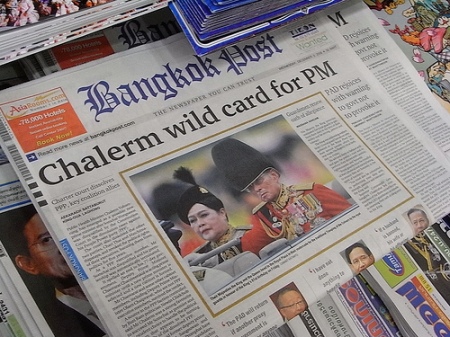
Malcolm Gladwell, author of Outliers
In his latest book, Outliers, Malcolm Gladwell discusses education in the United States. He refers to a researcher from Johns Hopkins who found that students from inner-city public schools actually outlearn their wealthy peers during the school year, but then fall behind during the summer vacation. He goes on to explain that while poorer students are left to their own devices over the summer (while their parents work long hours to provide for the family), privileged children spend their summers participating in activities, academic or otherwise, under the close supervision of their parents, nannies or camp counselors; in other words, the children who spend the summer “productively” continue to learn over the summer. Gladwell also describes a school in a low socio-economic area where students have a much shorter summer break (among other expectations, such as a rigorous curriculum and a strict school schedule), resulting in high academic achievement. Gladwell suggests that in order to help poor students do better in school, summer vacations should be shortened.

These findings also have implications for children growing up abroad. Parents may want to take a close look at the length of vacation time and how an expat child utilizes those precious weeks or months. Think about summer schools or camps, as they may provide opportunities to explore or develop comprehensive skills in music, theater, art or sports, in a way that a smaller international or local host schools may not offer. Finding summer schools or camps may be difficult overseas, but certainly available through-out the United States.
Expatriates definitely have great opportunities for cultural experiences, and summers and winter breaks are a fantastic times to explore the host country and neighboring areas. Parents might try to think of the trip as more than a vacation (sunbathing by the beach) and consider a few engaging activities for the children. A trip to a museum or ancient city might be the typical “educational” experience but there many more fun ways to continue learning through the summer, even on vacation.
Here are a few great ideas:
- Learning the local language
- Read the local newspaper
- Read a book by a local author
- Cook a traditional meal
- Participate in a local tradition
- Learn a local art form (for instance, West African drumming or Bharatanatyam dancing in India)
- Visit the local zoo or a wildlife reserve

The Bangkok Post, featuring the King and Queen
 Liz Perelstein recently published Families on the Move: Challenges and Opportunities (pg 42), in Mobility Magazine.
Liz Perelstein recently published Families on the Move: Challenges and Opportunities (pg 42), in Mobility Magazine. 


 Posted by findingschools
Posted by findingschools 



